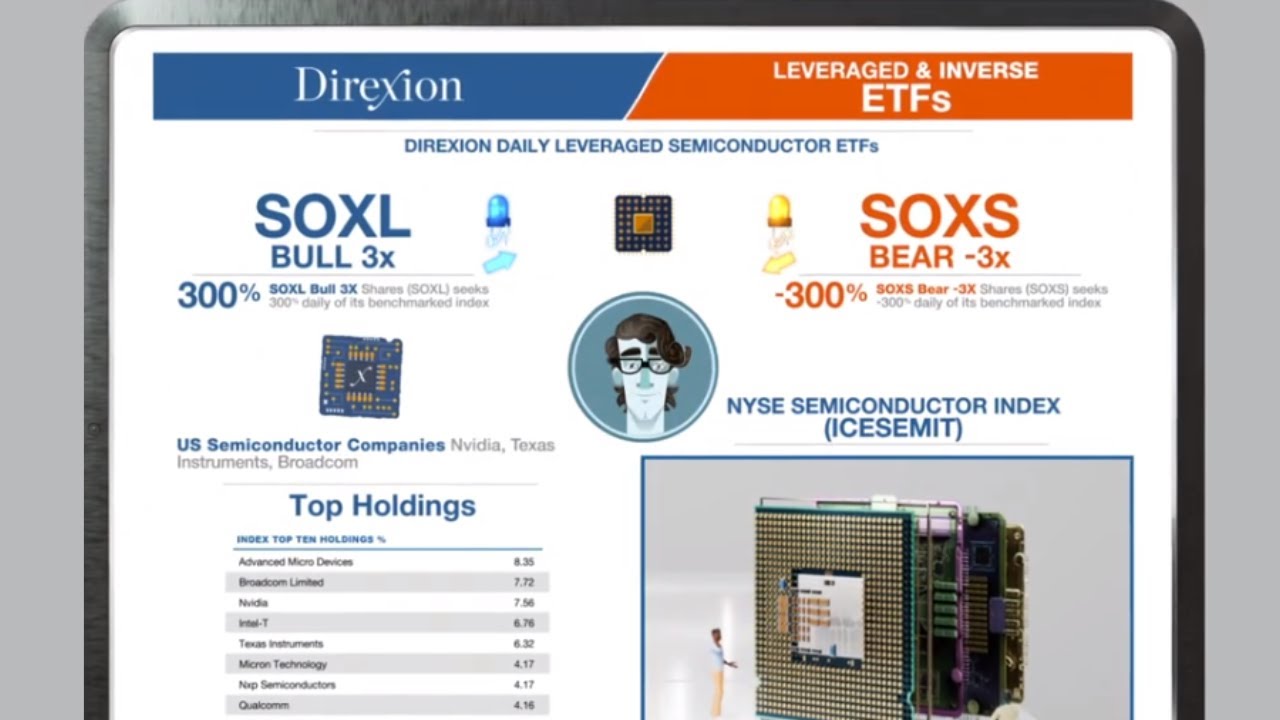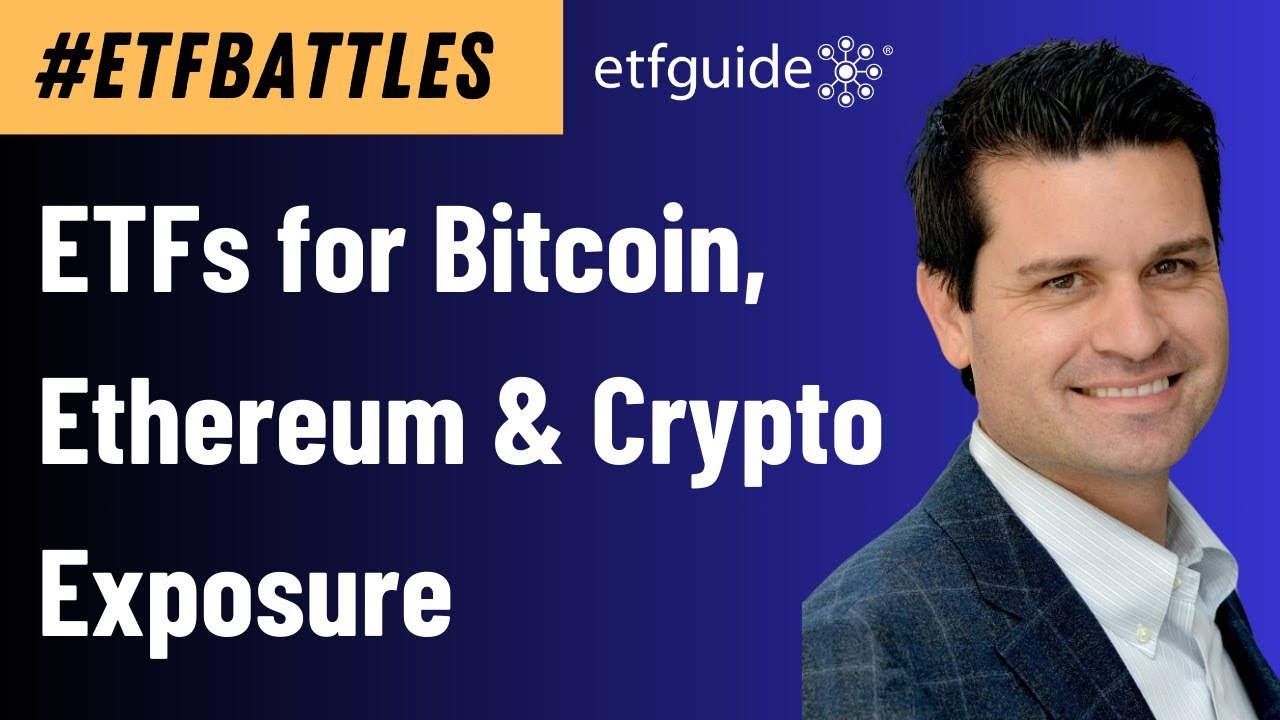This is an excerpt from ETF Battles on ETFguide TV between LQD vs. JNK – two bond ETFs at opposite spectrums of credit risk. Who wins the battle?
In our latest ETF Battles, Ron DeLegge at ETFguide referees the match-up between the iShares iBoxx $ Investment Grade Bond ETF (LQD) and the SPDR Barclays Capital High Yield Bond ETF (JNK) with David Kreinces at ETF Portfolio Management and Mike Akins at ETF Action judging the battle. Just one ETF can win this battle and each fund is pitted against the other in four battle categories.
Ron Delegge: Welcome to ETF Battles. I’m Ron Delegge, and coming up on today’s show, we’ve got a monster matchup between two bond ETF giants. It’s LQD versus JNK. And this ETF battle is like King Kong versus Godzilla and we don’t know which is which. Moreover, both are entangled in a nasty brawl while it’s thundering and hailing cannonballs from the heavens. What shall we do?
Well, today’s matchup again is LQD, which tracks US investment-grade debt versus JNK, which is linked to US high yield debt, also known in less polite circles as junk bonds. Michael Milken in the house! We’re going to analyze LQD versus JNK in four key areas, cost, credit risk, yield, and performance. And at the end of the show, we’re going to declare an ETF Battle winner.
To help us to do that, we’ve got two judges, our industry pros and ETF experts, Mike Akins, with ETF Action and Dave Kreinces with ETF Portfolio Management. Guys, welcome to the program.
Mike Akins: Good to be here on.
David Kreinces: Hey Ron.
Ron Delegge: Each of you are going to pick LQD or JNK as the winner in each of these categories, and you’re going to have 30 seconds to do that. Let’s begin with the first battle category, which is cost. And let’s begin with Dave. You’ve got 30 seconds, go.
David Kreinces: Ron, raw cost, LQD is easily the lower cost option at 15 basis points. I don’t know if Mike is going to go with the non-overlapping symbols, expense analysis. But at the end of the day, there’s no question, investment-grade bonds are cheaper than junk.
Ron Delegge: All right, Mike, what’s your take on this battle category?
Mike Akins: Totally agree with Dave. There’s no doubt, absolute costs, you’ve got a situation where LQD is just flat out more than two times cheaper than JNK. I would throw on top of that, given the current environment we’re in, looking at total costs and considering spreads, I’m not even sure that you can get a market in half the stuff in JNK right now, outside of the fed being willing to step in and buy it.
And as a result, you have to think about liquidity risk when buying these vehicles as well. And LQD obviously focusing on the upper tier of the market, albeit there is plenty of questionable debt inside LQD as well. You have to give the nod across the board, most absolute costs and liquidity to LQD, especially in this current market environment.
Ron Delegge: Excellent. Let’s move on to the next panel category, credit risk. Mike, go.
Mike Akins: All right. Credit risk is like apples and oranges to a lot of degree. You’re talking about high yield versus investment grade. In a lot of respects, just to give you some idea of where we’re at with that, over the last 10 years, JNK looks and feels a lot more like buying equities. It’s got a downside capture to S&P 500 of right around 60%. Whereas, LQD actually has a negative downside capture to SPY. So, it performs well when SPY is going down.
Watch the full episode of ETF Battles on ETFguide TV between LQD vs. JNK to see who wins.



